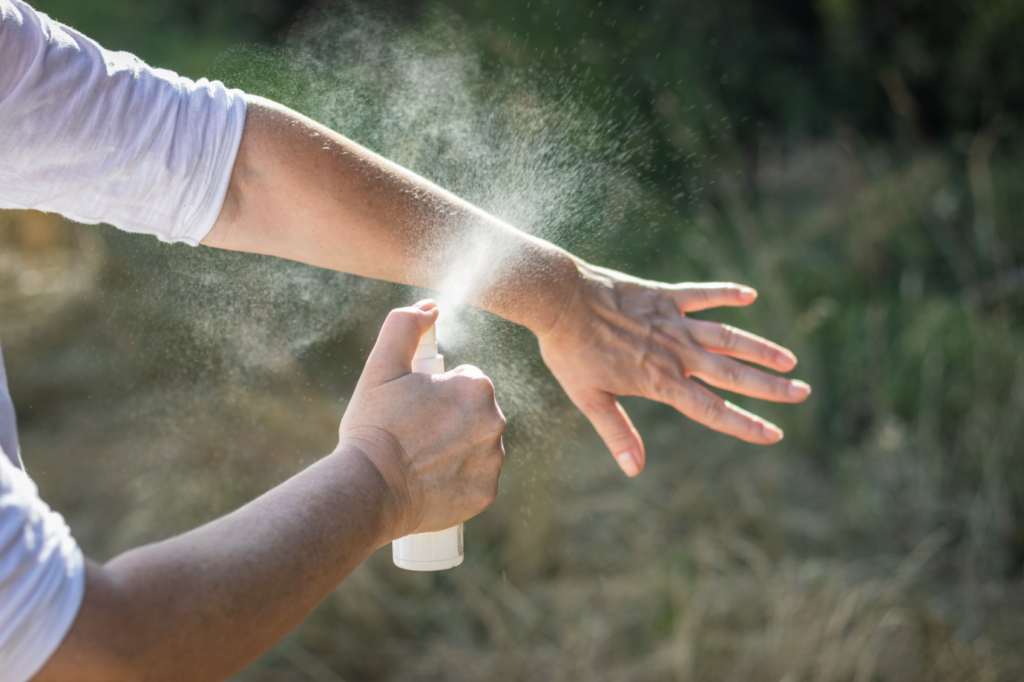A study by the Institute of Tropical Medicine (ITG) in Antwerp has provided evidence of widespread insecticide resistance in the common house mosquito (Culex pipiens) in Europe.
The implications are dire, argues the ITG, as resistance makes it harder to contain outbreaks of, for example, West Nile Fever.
Several countries around the Mediterranean have previously reported insecticide resistance in their house mosquito populations. The ITG, therefore, conducted a study on its own mosquito population.
The researchers applied the World Health Organisation’s (WHO) so-called susceptibility test: mosquitoes were exposed to a predetermined concentration of insecticide, and assessed what percentage of mosquitoes were still alive 24 hours later. The pesticides permethrin, deltamethrin, malathion, bendiocarb and DDT were tested.
If less than 90% of mosquitoes die, the insects are considered to have some degree of resistance. This was indeed found to be the case, according to the ITG.
The now-proven resistance poses a problem for potential outbreaks of viruses that can be transmitted by the house mosquito, the researchers argue.
"In outbreaks such as the West Nile virus, the standard response is to contain the spread by spraying insecticides," they warned. "With resistance, such pesticides are no longer an option and we are more vulnerable if an outbreak occurs."
The ITG is already looking for alternatives. These include biological control and artificial intelligence.
West Nile Fever is an increasingly common disease in Europe that mainly affects birds and horses, but sometimes humans as well. A small proportion of those affected then develop flu-like symptoms. Exceptionally the disease is also fatal.

